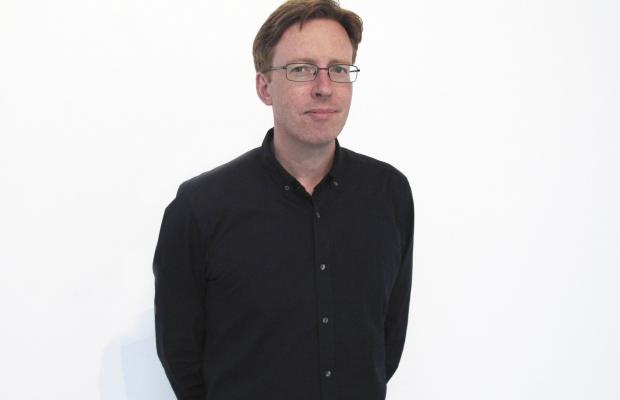Conor McGrady

He has exhibited internationally, with one-person exhibitions in New York, Chicago, Miami, Atlanta, Labin and Zagreb. His first solo museum exhibition, Entering the Control Zone, took place at the Museum of Fine Art, Split, Croatia, 2021. Group exhibitions include the 2002 Whitney Biennial in New York, The Jerusalem Show VII: Fractures (Qalandiya International Biennale), Jerusalem, Biennale of Contemporary Art, D-0 Ark Underground, Sarajevo-Konjic, Bosnia and Herzegovina and IK-00: The Spaces of Confinement, Venice. His writing has appeared in numerous publications including Ruminations on Violence (Waveland Press, 2007) State of Emergence (Plottner Verlag, 2011), State in Time (Drustvo NSK Informativni Centre, 2012) and The Design of Frontier Spaces (Routledge, 2015). He is editor of Curated Spaces for the journal Radical History Review (Duke University Press). He received a BA Hons Fine Art from the University of Northumbria, Newcastle, UK, and an MFA in Painting & Drawing from The School of the Art Institute of Chicago, and has previously held teaching positions at the School of the Art Institute of Chicago, Northwestern University (Evanston), The New School for Social Research (New York) and the School of Visual Arts (New York). He lives and works in the Burren, Ireland.
He is a member of Steering Committee for Paradox, the European Fine Art Forum:
https://paradoxfineartforum.wpcomstaging.com/current-steering-committee/
Examples of his work can be found here:
Research Interests
Painting; aesthetics and politics; art and conflict; over-identification; tactical intervention; architecture & spatial control; artists collectives.
Teaching Philosophy
As a committed, progressive educator, my teaching approach is inherently student centered. I encourage students to be active learners in developing a practice that allows for risk taking, problem solving, associative thinking, discovery, intuition and invention.
Through intensive engagement with their subject matter and the theoretical fields that frame it, students are encouraged to become self-directed critical thinkers who are capable of pursuing their own inquiries, and tackling personal, social and philosophical issues in their work.
